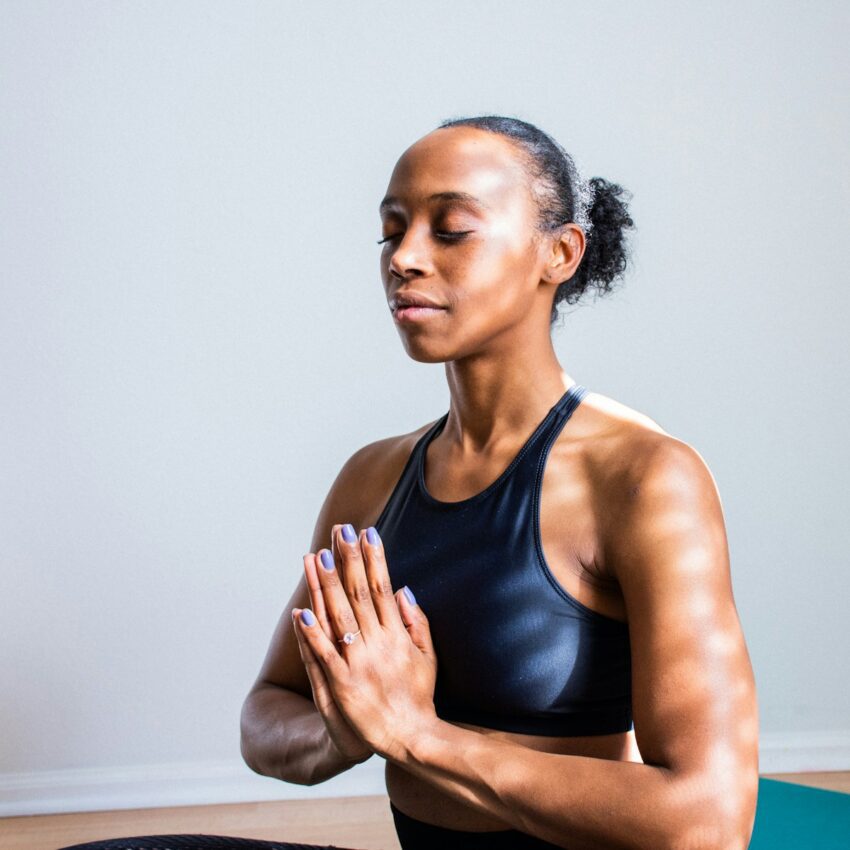Wellness plays a central role in every stage of a woman’s life, from young adulthood through later years. Building strong habits around health supports daily comfort and contributes to long-term vitality. Preventive practices and thoughtful choices make a meaningful difference, especially as new supplements and innovations emerge to meet women’s needs.

Products such as URO probiotics highlight how attention to specific areas of health can support overall well-being. This primer explores nutrition, movement, preventive care, and mental health as foundational elements of women’s wellness, offering a clear path toward healthier living.
Nutrition as a Foundation
The foods you eat each day provide the building blocks for physical health and energy. A balanced diet supports hormone balance, strengthens the immune system, and promotes healthy aging.
Certain nutrients are particularly important for women. Calcium helps maintain bone strength, iron supports energy levels, and folate plays a role in reproductive and cellular health. Omega-3 fatty acids also contribute to heart and brain wellness, making them another essential part of a thoughtful diet.
Equally important is hydration, which aids digestion, circulation, and concentration. Mindful eating practices, such as paying attention to hunger cues and portion sizes, reinforce a healthy relationship with food.
Consistent, balanced meals help stabilize energy throughout the day, reducing fatigue and irritability. These daily decisions shape long-term outcomes by preventing nutrient deficiencies and supporting the body’s natural processes.
Together, these elements of nutrition provide a strong base for overall wellness and create a foundation for addressing specific health needs as they arise. Nutrition is about fueling the body with what it needs to function at its best.
The Role of Movement
Regular movement is one of the most effective tools for supporting long-term health. Physical activity helps maintain cardiovascular strength, preserves bone density, and enhances mood by encouraging the release of endorphins. For women, it also plays an important role in protecting against conditions such as osteoporosis, which becomes a greater risk with age.
Movement does not need to be restricted to structured exercise alone. Walking, stretching, gardening, or other daily activities contribute meaningfully to wellness. For some, activities like swimming, cycling, or yoga may balance strength and flexibility, while others may find satisfaction in resistance training or aerobic exercise.
While higher-intensity exercise may appeal to some, consistency provides the greatest benefit over time. The goal is to create steady habits that strengthen the body and support mental clarity. When movement becomes part of daily life, the advantages extend beyond physical health, supporting resilience, confidence, and independence.

Preventive Care and Screenings
Proactive healthcare is a cornerstone of women’s wellness. Annual checkups provide opportunities to identify early changes and monitor ongoing health. Screenings such as Pap tests, mammograms, and bone density scans are particularly important because they help detect issues before symptoms develop. These evaluations protect long-term health and ensure peace of mind.
Preventive care also includes monitoring vital measures such as blood pressure, cholesterol, and blood sugar. These markers provide insight into cardiovascular and metabolic health, which are central to overall well-being. Staying current with vaccinations further strengthens defenses against illness and supports community health.
Understanding personal and family health history enhances preventive care, allowing providers to tailor recommendations more effectively. Knowing about relatives’ experiences with conditions such as diabetes, heart disease, or certain cancers can inform personalized monitoring plans and lifestyle choices.
By engaging in preventive care, women take control of their health trajectory. Small, routine steps create a safety net that supports confidence and resilience in daily life. Preventive screenings build a comprehensive approach to long-term wellness when combined with good nutrition and movement.
Mental and Emotional Well-Being
Mental and emotional health are inseparable from physical health. Stress, fatigue, and lack of rest can undermine even the best nutrition and exercise routines. Addressing emotional well-being is, therefore, an essential component of women’s wellness.
Stress management techniques such as mindfulness, meditation, or deep breathing can help regulate daily tension. Social connections also play a key role. Supportive relationships provide a sense of belonging and reduce feelings of isolation, which can negatively affect health. Adequate sleep is another cornerstone of wellness because it allows the body to repair, regulate hormones, and consolidate memory.
Professional support should also be considered a valuable resource. Therapy and counseling provide safe environments to process challenges and strengthen coping strategies. Seeking help when needed is an important step toward balance. By caring for mental health with the same dedication given to physical health, women reinforce their overall well-being and create space for personal growth.
Strong Foundations for a Healthier Future
Wellness is built on a collection of consistent choices. Nutrition, movement, preventive care, and mental well-being form a strong foundation for women’s health. Each area supports the others, creating a more resilient and balanced life.
